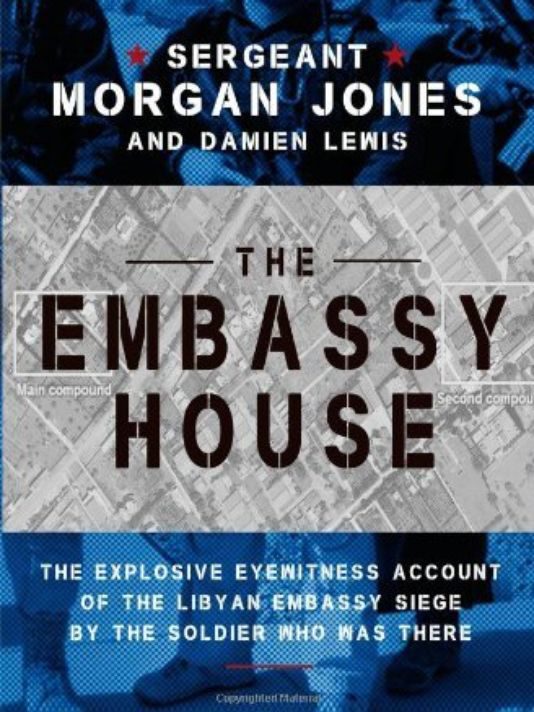Benghazi and the case for an ombudsman
 Image via USA Today.
Image via USA Today.
At the end of last night’s 60 Minutes, Lara Logan kind of apologized for an earlier report on the Benghazi attack that has been shot through like Swiss cheese.
As Craig Silverman and Jay Rosen have pointed out, Logan’s 85-second segment did not sufficiently address the many problems with the original report, and CBS’s handling of the charges that it was based on a faulty source. Up to and including yesterday, the network has handled this poorly.
It would not be difficult (nor would it be fun) for the network to own up to the errors it has committed; however, as the network apparently views this as too onerous a task, it could begin to atone for the errors with one easy step: hire an ombudsman.
As Silverman noted, CBS created an ombudsman-like position after a similar story in 2004, but axed it three years later. It needs one again, and if any executives are looking for a compelling case, they should read The New York Times.
Last Friday, the Times’s public editor, Margaret Sullivan, wrote an account of the paper’s controversial decision, nearly 10 years ago, to spike a story about the NSA illegally wiretapping American phones. As Sullivan writes, the story has already been told in several other places, but she felt it deserved an airing at the scene of the crime.
CBS needs to do the same thing. There are many unanswered questions surrounding the Benghazi report, and it would be a disservice to the network’s viewers if Logan’s too-brief segment were the last word.
When they do their jobs properly—which doesn’t always happen—ombudsmen are among the most valuable people in a newsroom. CBS should recognize this; as Sullivan showed, it’s never too late for a post-mortem.
Remember to follow the Review and its masthead on Twitter. Email the blog editor here.











